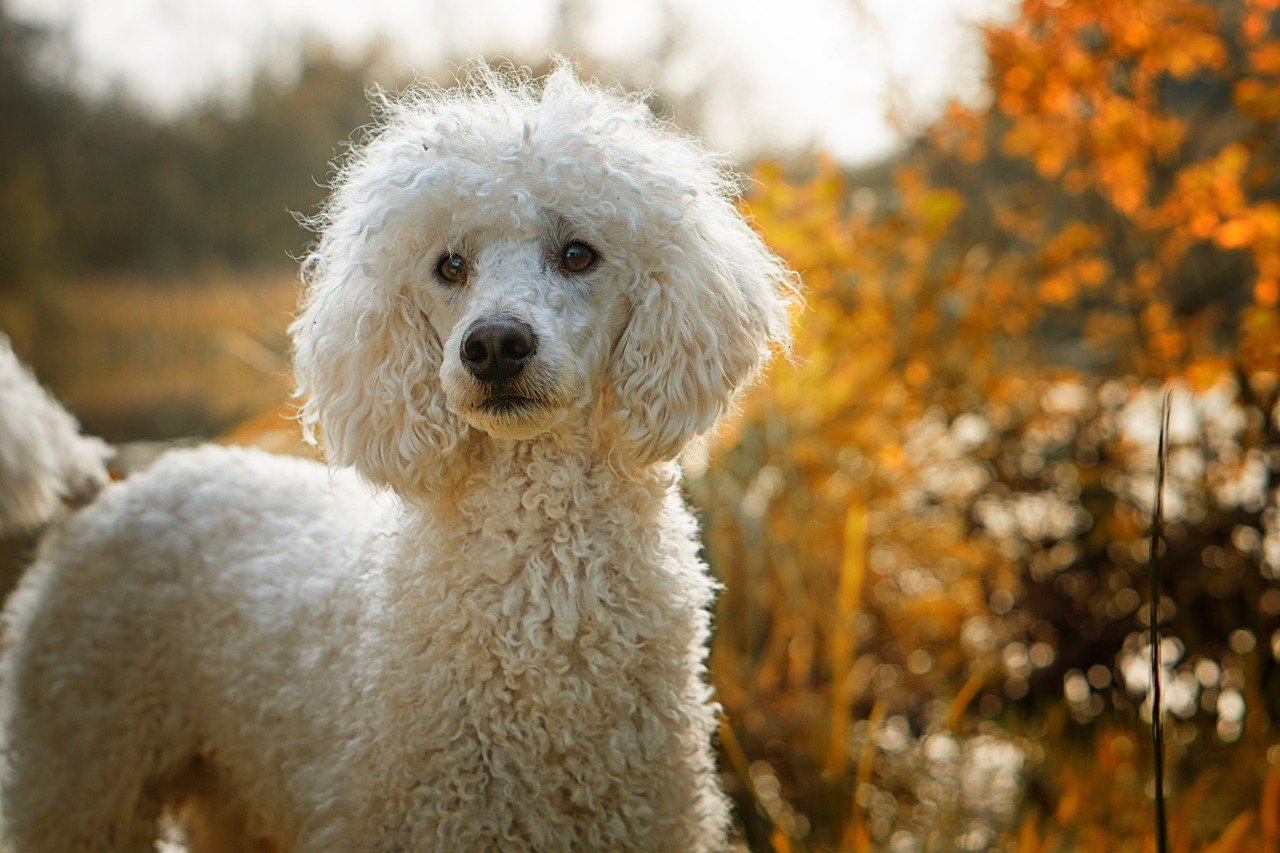Exploring the world of dog personalities is akin to unraveling a delightful mystery, filled with wagging tails and expressive eyes. Each breed exhibits distinct traits, much like humans have unique characteristics. Understanding the personalities of all breeds can be a mighty task indeed! But have you ever wondered what makes every breed so unique? Let us take a look at the science behind dog personalities to shed some light on why our furry companions are as diverse as they are adorable.
The Genetic Blueprint of Dog Breeds
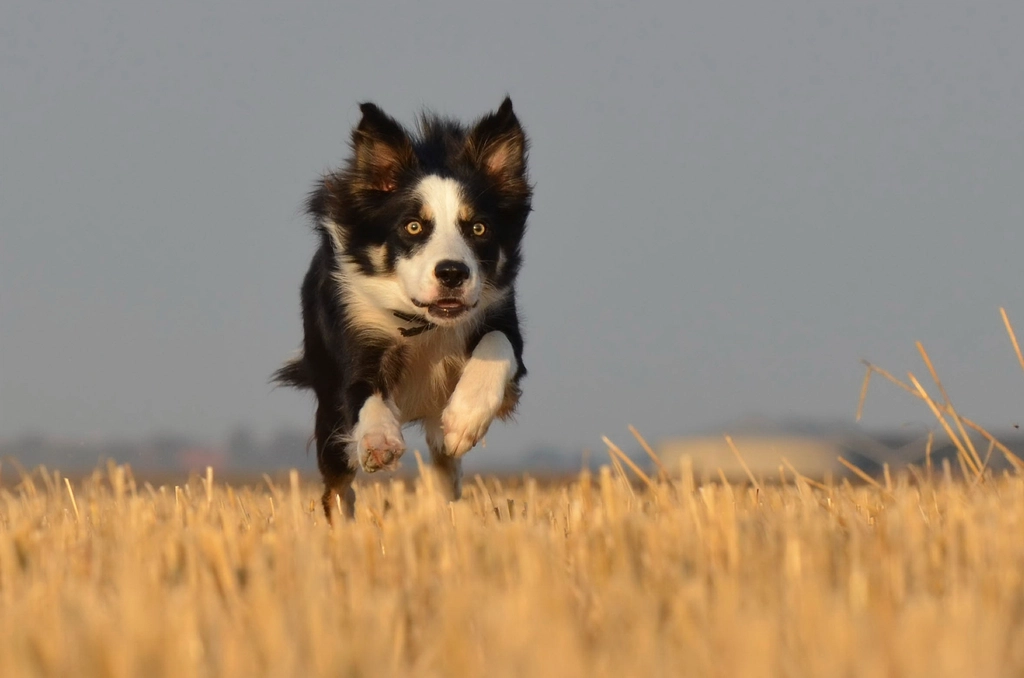
At the heart of every dog’s personality is its genetic makeup. Genes play a critical role in determining behavioral traits. Just as genes dictate physical attributes like size and coat color, they also influence how a dog behaves. For instance, herding breeds like Border Collies have an innate drive to herd, stemming from their genetic history. This isn’t merely a learned behavior but a deeply ingrained trait. Understanding these genetic tendencies can help dog owners nurture and train their pets more effectively.
The Role of Ancestry in Behavior
Every breed was developed with a particular purpose in mind, and these ancestral roles continue to shape their behaviors today. Retrievers, like the Labrador, were bred to retrieve game, which explains their love for fetch. Similarly, terriers were designed to hunt vermin, which contributes to their spirited and tenacious nature. Recognizing these historical roles provides insight into why certain breeds exhibit specific behaviors, allowing owners to better meet their dogs’ needs.
Nature vs. Nurture: The Balance
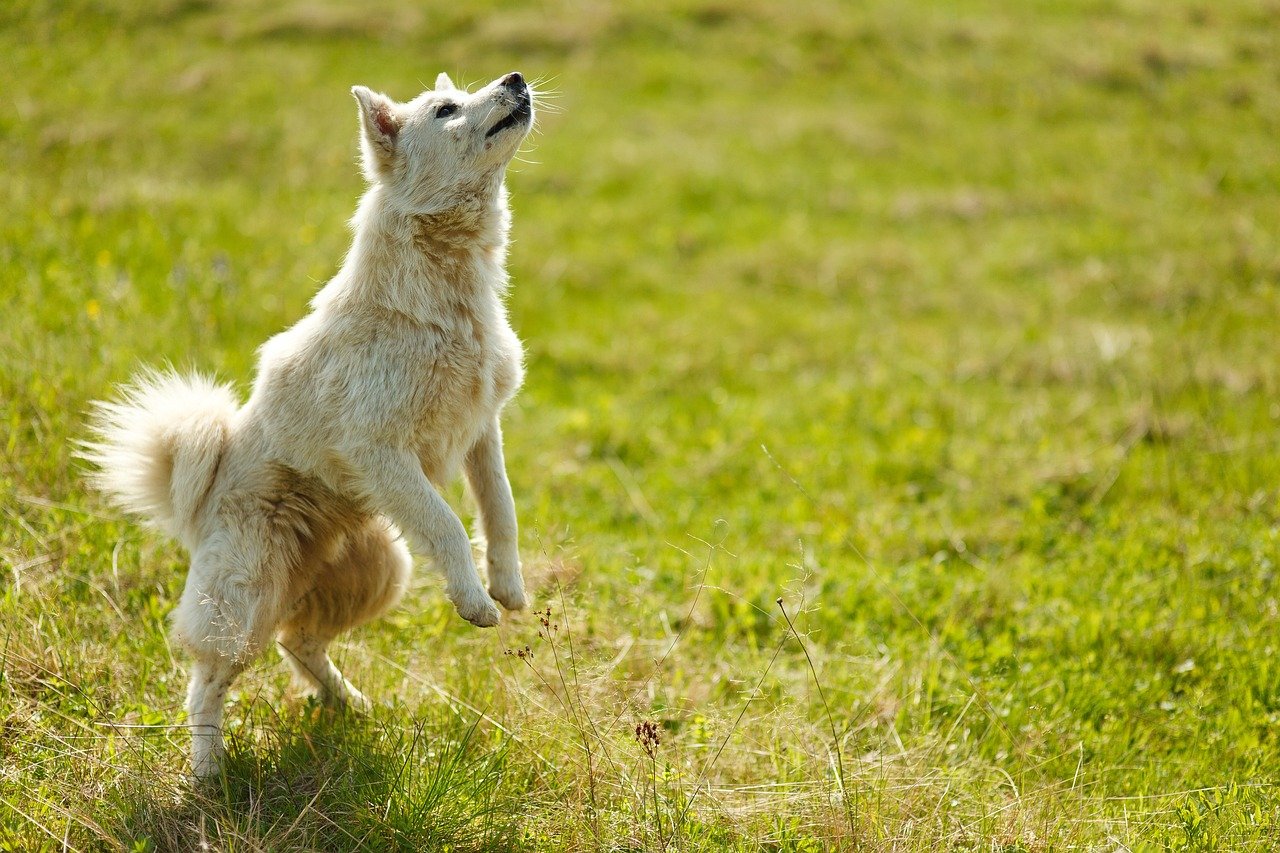
While genetics lay the foundation, a dog’s environment and upbringing significantly influence its personality. The age-old debate of nature versus nurture holds true in the canine world. A well-socialized puppy exposed to diverse experiences is likely to grow into a well-adjusted adult dog. Even within the same breed, two dogs can have vastly different personalities based on their upbringing. Thus, while genetics provide the blueprint, the environment colors in the details.
Understanding Canine Temperaments

Temperament refers to the inherent disposition of a dog, and it’s a crucial aspect of understanding dog personalities. Some breeds are naturally more reserved, while others are spirited and outgoing. The Beagle, for instance, is known for its friendly and curious nature, making it a popular family pet. Conversely, the Chow Chow is more reserved and independent. Recognizing these temperamental differences can guide potential dog owners in choosing a breed that aligns with their lifestyle.
The Influence of Early Socialization
The early weeks and months of a puppy’s life are vital in shaping its personality. During this formative period, exposure to various stimuli, including people, other animals, and environments, can help a dog develop confidence and adaptability. Puppies that are well-socialized tend to be more resilient and less prone to anxiety. This emphasizes the importance of early socialization in fostering a balanced temperament, regardless of breed.
Breed-Specific Behavioral Traits
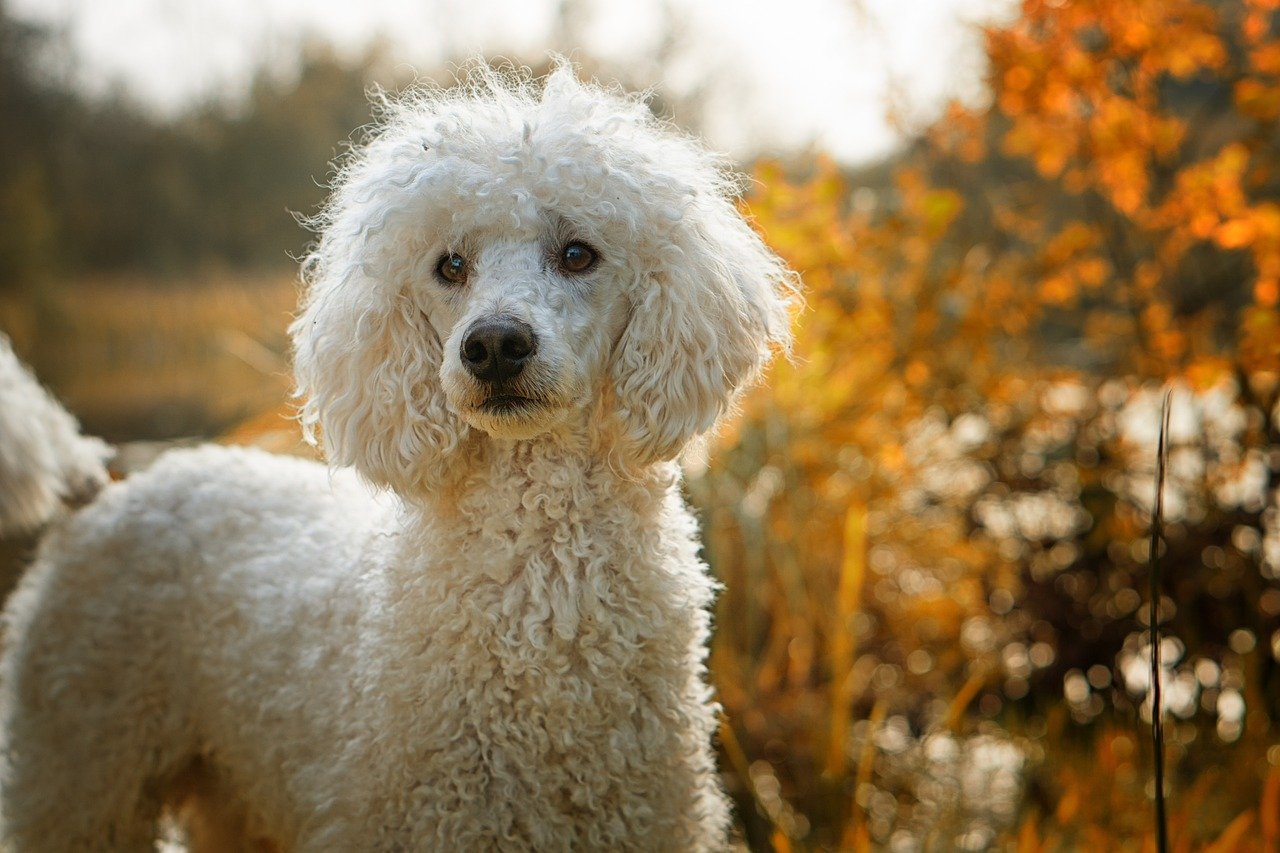
Each breed is associated with specific behavioral traits that set it apart. For example, the German Shepherd is known for its intelligence and protective nature, making it a popular choice for police work. The Poodle, on the other hand, is celebrated for its agility and trainability. These traits are not random but are the result of selective breeding aimed at enhancing certain characteristics. Understanding these breed-specific traits can help owners better manage and train their dogs.
The Impact of Human Interaction
Dogs, much like humans, are social creatures that thrive on interaction. The bond between a dog and its human can significantly influence its personality. Positive reinforcement and consistent training can enhance a dog’s natural traits and curb undesirable behaviors. Moreover, the emotional connection between a dog and its owner can lead to a more harmonious relationship, highlighting the importance of human interaction in shaping a dog’s personality.
The Role of Health and Well-being
A dog’s physical health can have a profound impact on its behavior and personality. Health issues, such as pain or discomfort, can lead to changes in behavior, often manifesting as aggression or withdrawal. Regular veterinary care and a balanced diet are essential in maintaining a dog’s well-being, which in turn supports a stable and happy personality. This underscores the interconnectedness of physical health and behavioral health in dogs.
Recognizing Individual Variations Within Breeds
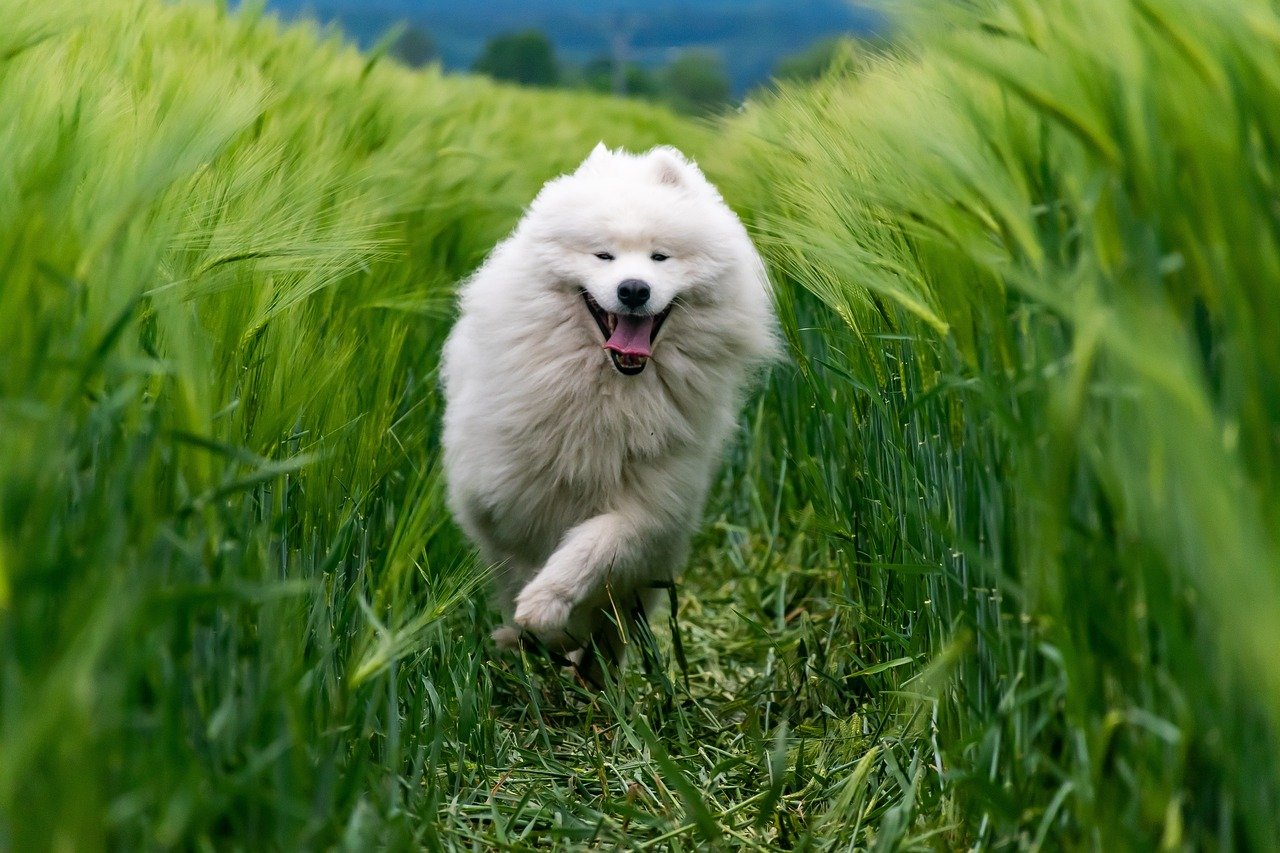
While breed characteristics provide a general guideline, individual dogs can exhibit a wide range of personalities, even within the same breed. Factors such as age, gender, and past experiences play a role in shaping these individual differences. For example, a young, energetic Labrador might be more boisterous than an older, more sedate one. Recognizing and appreciating these individual variations allows for a deeper understanding and appreciation of each dog’s unique personality.
The Joy of Discovering Your Dog’s Unique Personality

One of the most rewarding aspects of being a dog owner is discovering the unique personality of your furry friend. Every wag of the tail, playful bark, and loving gaze contributes to the tapestry of their character. Embracing and nurturing these traits leads to a fulfilling relationship that enriches both the dog’s life and that of its owner. This journey of discovery is a testament to the incredible diversity and uniqueness of dog personalities.

